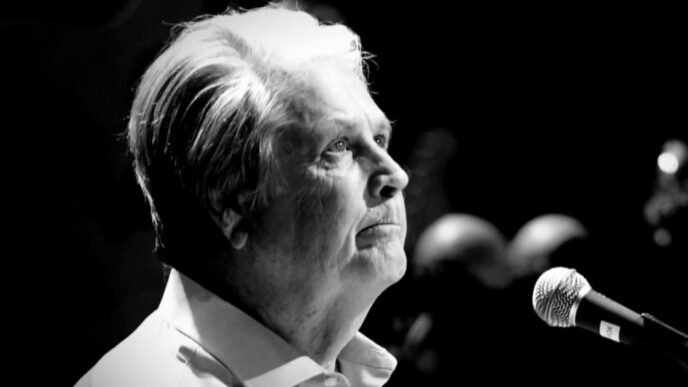Lawyers for Karen Read rested their case Wednesday, nearly two weeks after they began mounting a defense that sought to undermine allegations that she drunkenly backed her SUV into her boyfriend, a Boston police officer, and left him for dead three years ago.
The case, which prompted intense media coverage and allegations of law enforcement misconduct that led to the firing of the case’s lead investigator, could be with the jury by the end of the week.
The development comes nearly one year after Read’s sensational first trial ended with a jury unable to reach a unanimous verdict on charges of second-degree murder and other crimes in connection with the Jan. 29, 2022, death of John O’Keefe.
The defense did not call key figures central to the theory they laid out in those initial proceedings — that Read was the victim of a biased police investigation and a plot that sought to frame her for the killing — and opted instead for a series of experts whose testimony sought to dismantle the prosecution’s evidence.
More on the Karen Read murder retrial
Among them were three crash reconstruction specialists and two pathologists. Also called to the witness stand was a snow plow driver who offered what was perhaps the defense’s most direct challenge to the case that Norfolk County special prosecutor Hank Brennan had presented.
Blizzard-like conditions descended on the Boston area on Jan. 29, and the driver, Brian Loughran, testified that before the snow grew heavy he made multiple passes on the residential street in Canton where O’Keefe was found unresponsive.
The officer was discovered near a flagpole in the front yard of a now-retired Boston police sergeant, Brian Albert, shortly after 6 a.m. — a little over three hours after Loughran said he first passed the home in his plow, nicknamed “Frankentruck” for what Loughran described as its mismatch of parts.
Loughran said he knew the Albert family — he used to deliver pizzas for Brian Albert’s brother — and he testified that he could clearly see from his truck to Albert’s front door.
“What was on the ground in the area of the flagpole?” asked defense attorney David Yanetti.
“Nothing,” Loughran responded.
“Did you see a six-foot-one, 216-pound man lying on that lawn,” Yanetti said.
“No,” Loughran said.
After a night of drinking, O’Keefe was supposed to have gone to a gathering at Albert’s home in the early morning hours of Jan. 29. Brennan has said he never made it inside. Although prosecutors presented no direct evidence of the collision that they said left O’Keefe mortally wounded, vehicle data presented at trial showed Read suddenly reversing her Lexus at 12:32 a.m. at 24 mph in front of Albert’s home.
An accident reconstruction expert called by Brennan testified that dozens of abrasions found on O’Keefe’s right arm were consistent with injuries caused by the broken right tail light on Read’s SUV.
Read has said she dropped O’Keefe off outside Albert’s home and watched him enter. Her lawyers have said he was likely beaten while at the gathering — perhaps because she had recently flirted with, then ghosted, a federal agent who was also at the event — before O’Keefe was bitten by Albert’s German shepherd, dragged outside and left in the snow. (Albert and the agent, Brian Higgins, have denied playing a role in O’Keefe’s death.)
One of the defense witnesses, a former emergency room doctor and forensic pathologist who said she had seen hundreds of dog bites in her career, testified that the dozens of abrasions found on O’Keefe’s arm were not from a broken tail light but a dog.
The defense’s final witness, a biomedical engineer who examined whether O’Keefe’s injuries were the result of a collision, testified Wednesday that they were not. Experiments conducted for the case using crash test dummies showed that at speeds of 24 mph, there likely would have been more damage to Read’s car and to O’Keefe’s arm, said the engineer, Andrew Rentschler.
Absent from the witness stand were three people whose testimony played an outsized role in the first trial: Albert, Higgins and former Massachusetts State Trooper Michael Proctor.
Proctor, who was fired after an internal investigation found that he sent derogatory texts about Read and shared confidential investigative details with non-law enforcement personnel, acknowledged during the first trial that he said “unprofessional” things about Read. But he rejected the defense’s claims that he led a biased investigation.
The defense mentioned Proctor repeatedly during Read’s retrial, with defense attorney Alan Jackson at one point asking the former trooper’s supervisor if his conduct tainted their examination of O’Keefe’s death.
“The investigation was done with honor and integrity and the evidence pointed in one direction,” Massachusetts State Police Sgt. Yuri Bukhenik responded.













